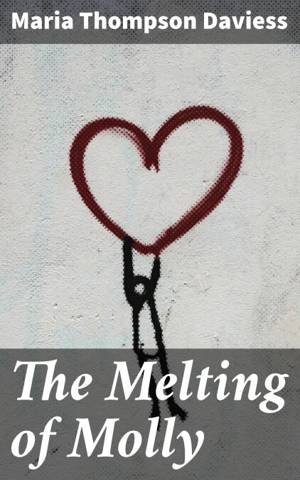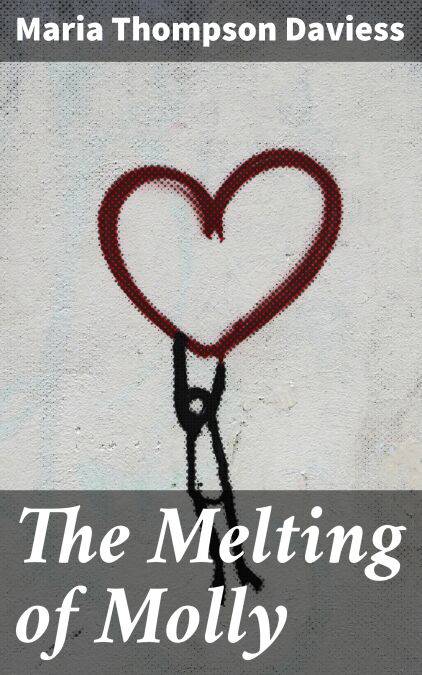
- Afhalen na 1 uur in een winkel met voorraad
- Gratis thuislevering in België vanaf € 30
- Ruim aanbod met 7 miljoen producten
- Afhalen na 1 uur in een winkel met voorraad
- Gratis thuislevering in België vanaf € 30
- Ruim aanbod met 7 miljoen producten
Zoeken
The Melting of Molly E-BOOK
Love, Marriage, and Identity in the Southern Charm Era
Maria Thompson Daviess
E-book | Engels
€ 0,49
Uitvoering
Omschrijving
In "The Melting of Molly," Maria Thompson Daviess crafts a poignant narrative that delves into the psyche of its young protagonist, Molly, who grapples with themes of identity, societal expectation, and the transformative power of love. Set against the backdrop of early 20th-century America, the novel employs rich, lyrical prose that captures the essence of Southern life, while seamlessly intertwining elements of social commentary and personal introspection. Daviess's use of vivid imagery and symbolic character development not only invites readers to empathize with Molly's struggles but also illuminates the broader cultural shifts of the time, making it a compelling study of both character and context. Maria Thompson Daviess was an accomplished author and journalist whose own life experiences as a Southern woman deeply influenced her writing. Born in Kentucky and raised in various regional settings, her observations of social dynamics and class disparities among women inform the struggles Molly faces throughout the novel. Daviess's commitment to authentic storytelling and her progressive perspective on women'Äôs roles in society bring a unique richness to this work that resonates even today. I highly recommend "The Melting of Molly" to those interested in exploring complex female characters within a richly drawn historical setting. Daviess's narrative not only offers a window into the challenges faced by women in her era but also prompts contemporary readers to reflect on their evolving roles in society. This novel is an essential addition to the library of anyone interested in American literature, women's studies, or the intricacies of human relationships.
Specificaties
Betrokkenen
- Auteur(s):
- Uitgeverij:
Inhoud
- Aantal bladzijden:
- 1071
- Taal:
- Engels
Eigenschappen
- Productcode (EAN):
- 4064066242930
- Verschijningsdatum:
- 8/12/2019
- Uitvoering:
- E-book
- Beveiligd met:
- Digital watermarking
- Formaat:
- ePub

Alleen bij Standaard Boekhandel
Beoordelingen
We publiceren alleen reviews die voldoen aan de voorwaarden voor reviews. Bekijk onze voorwaarden voor reviews.








